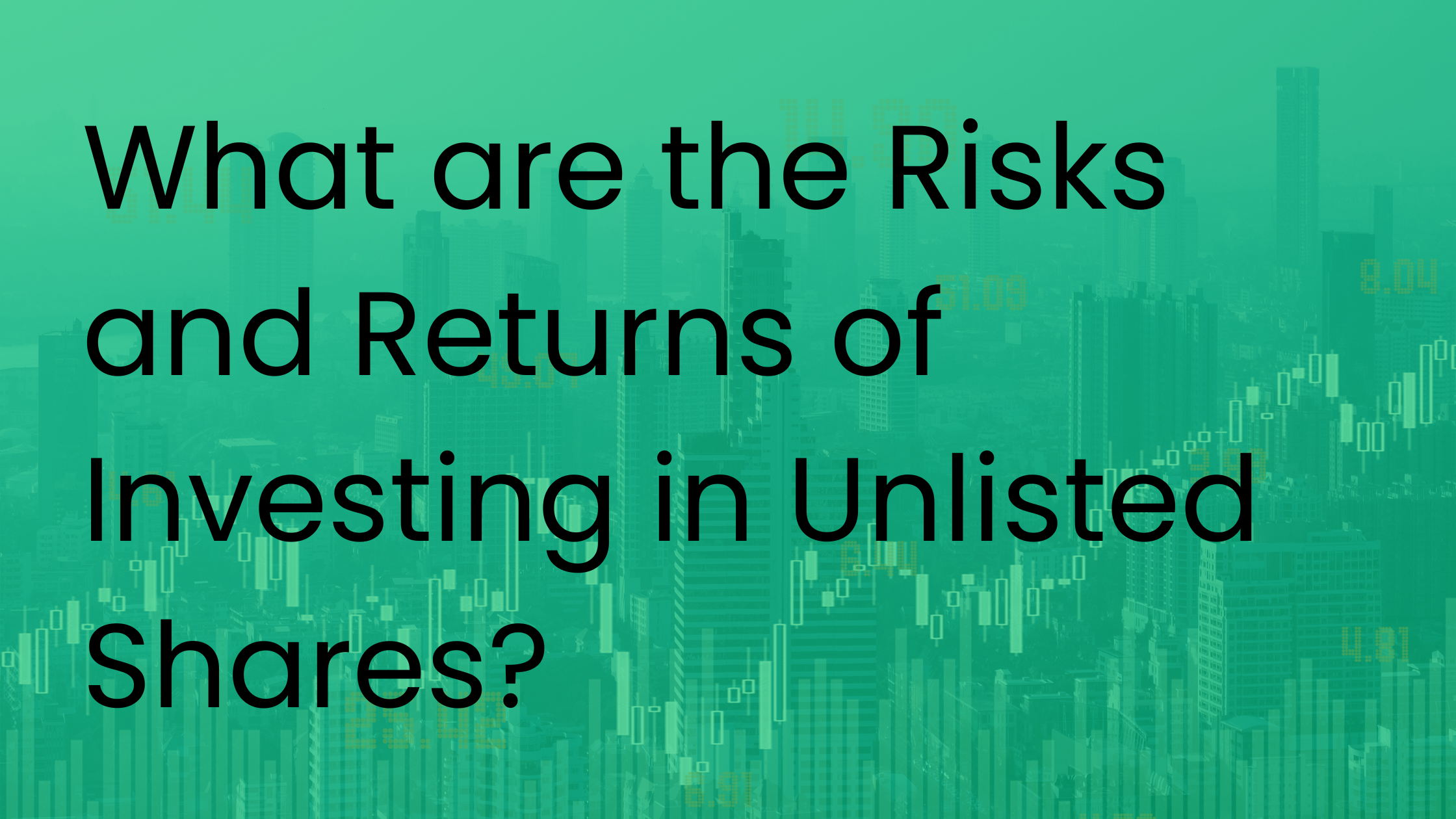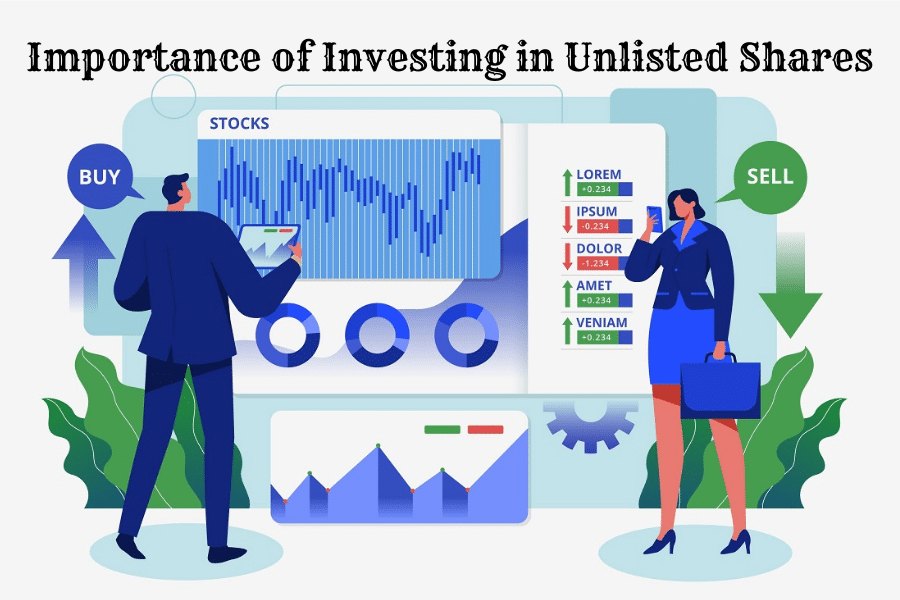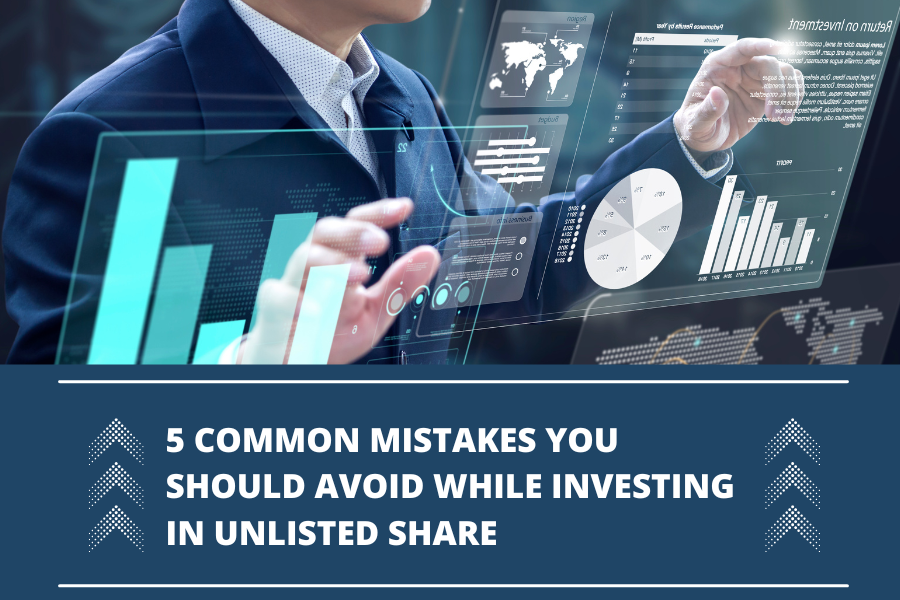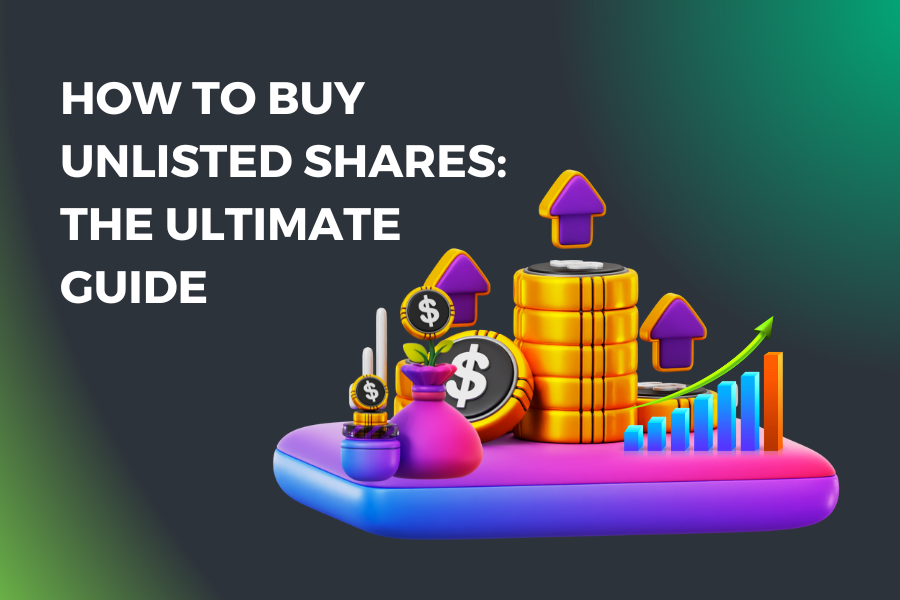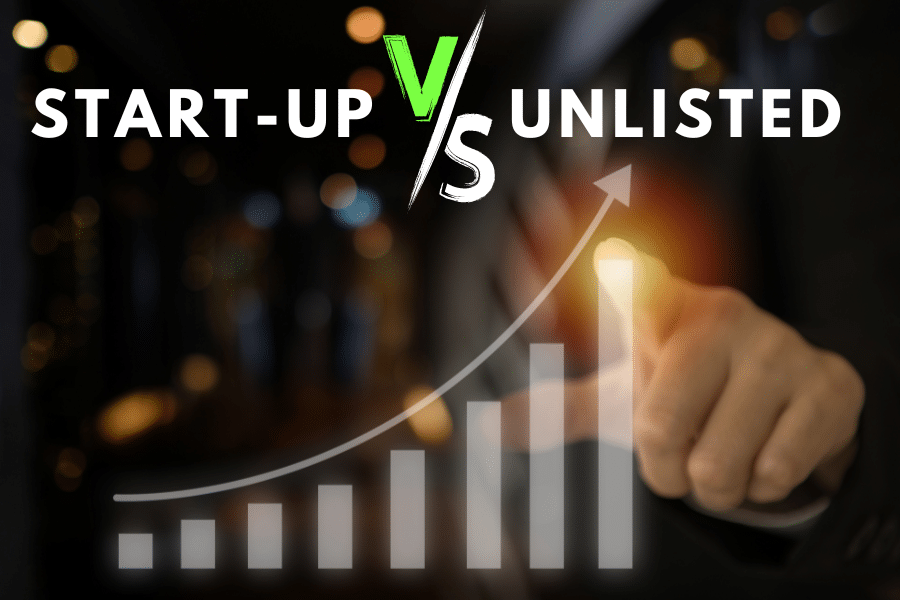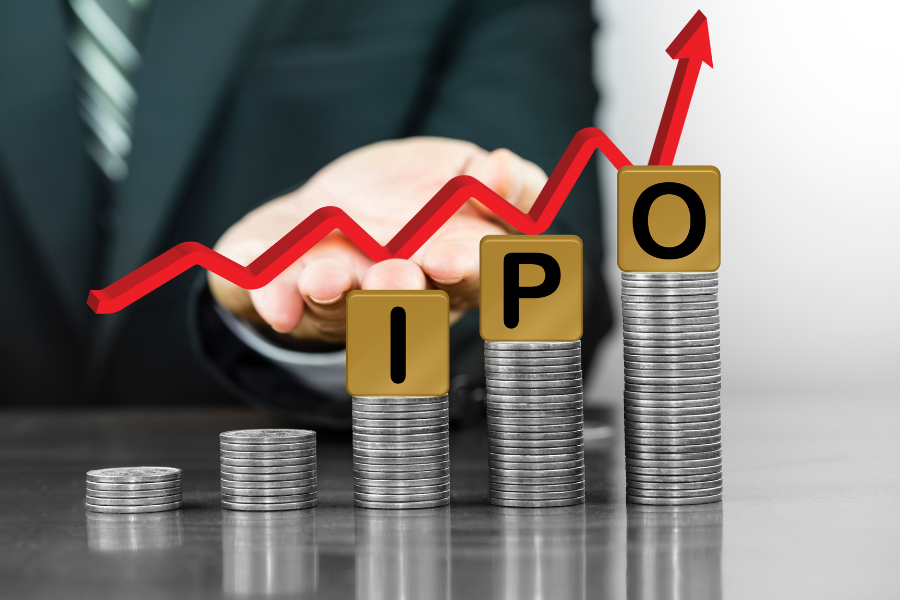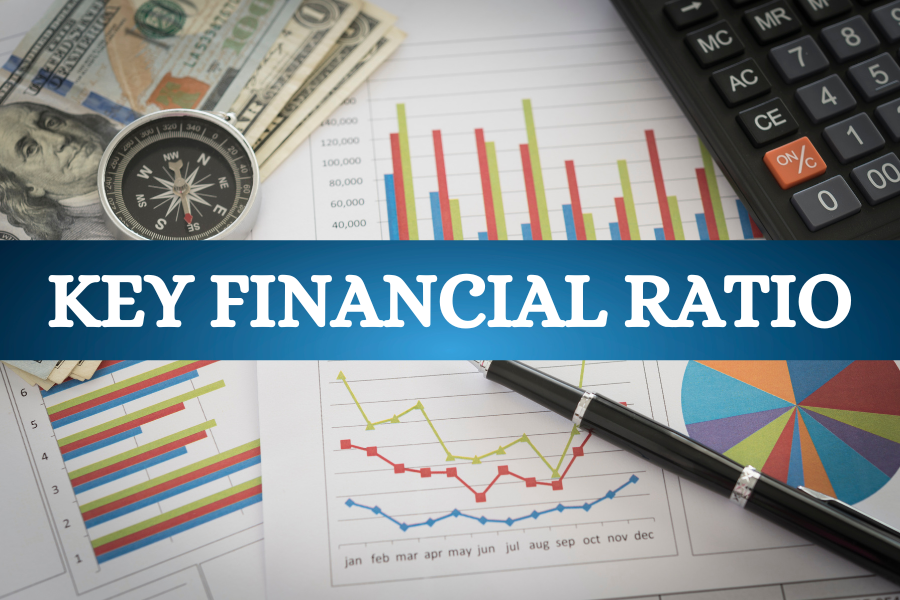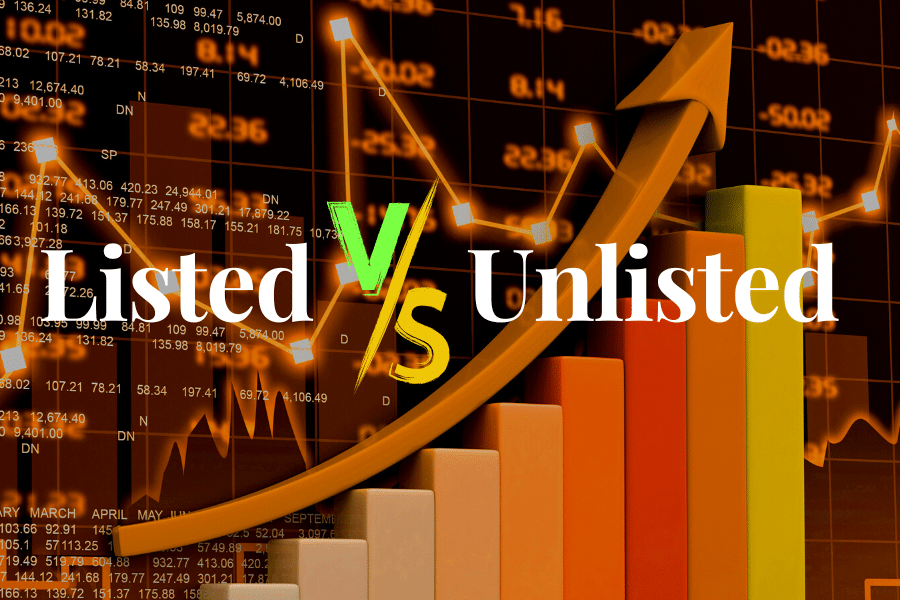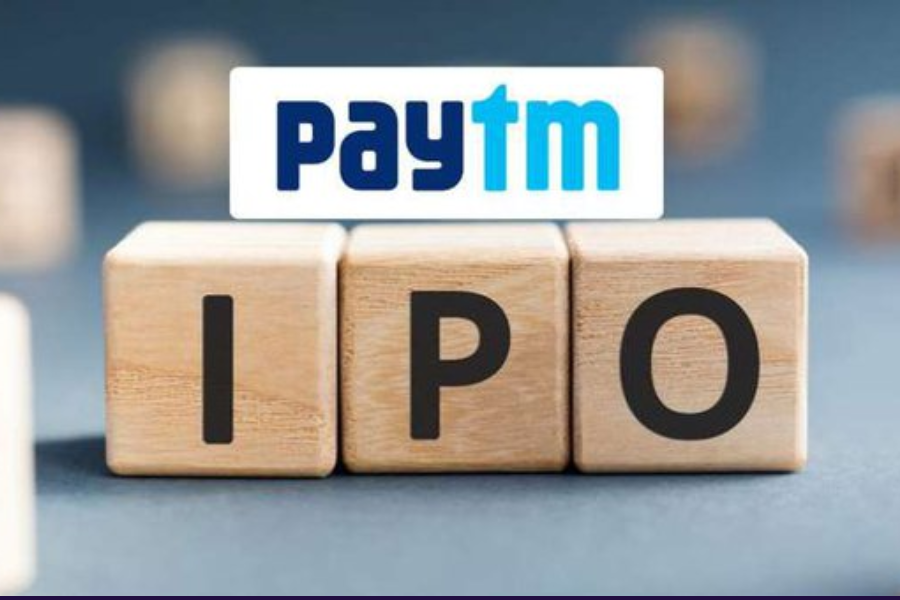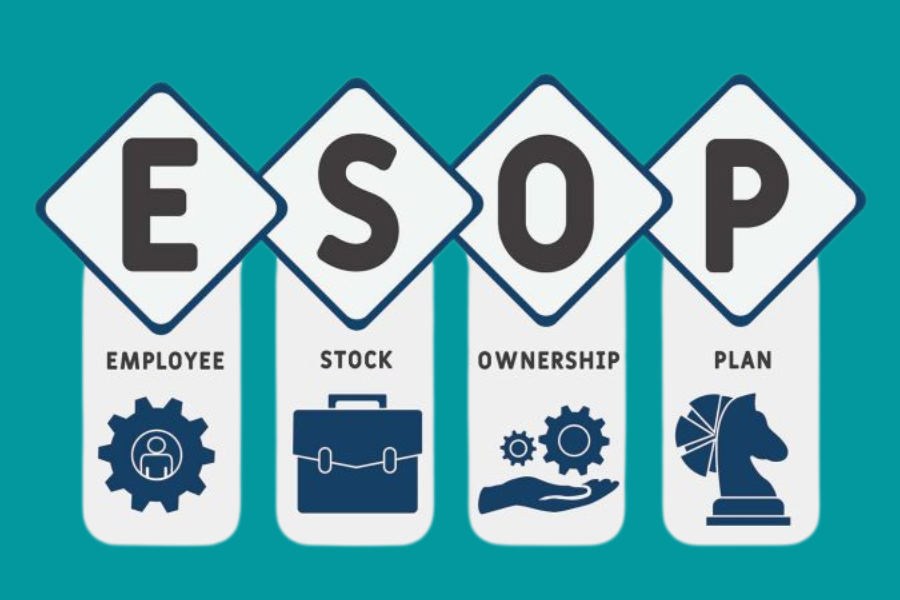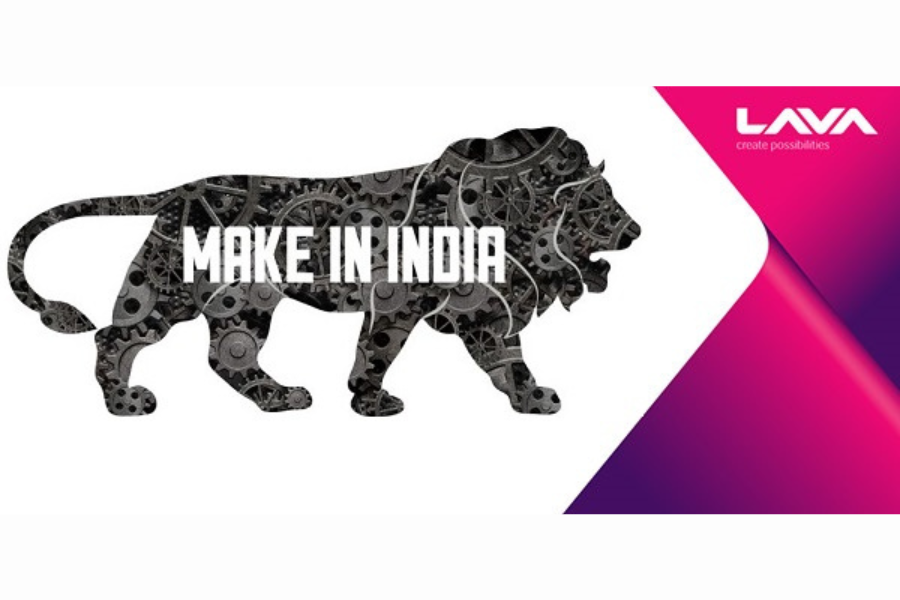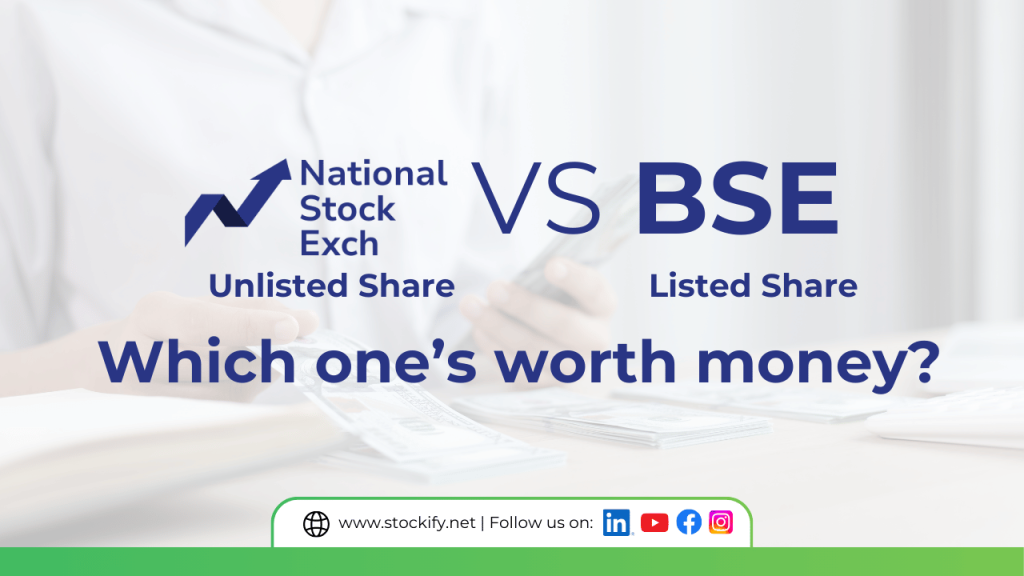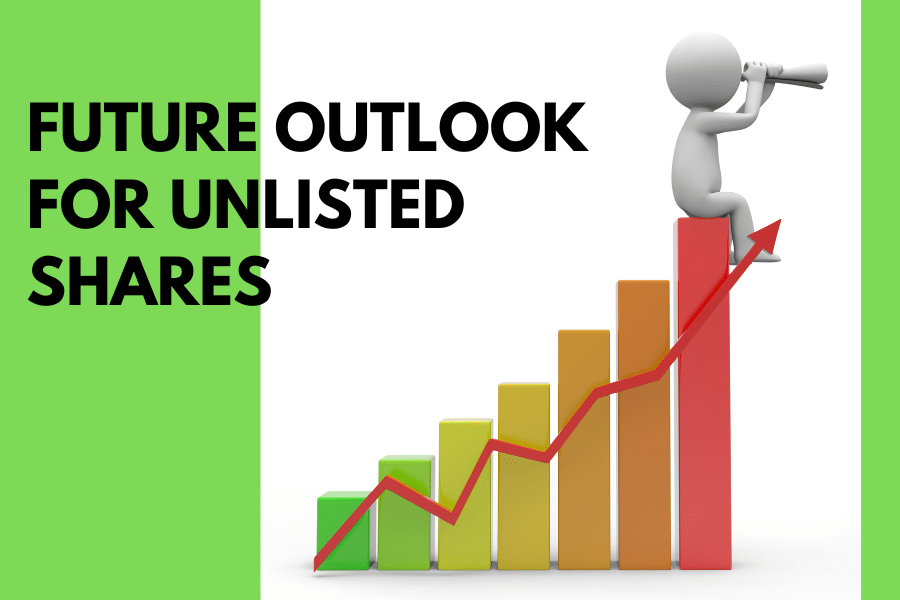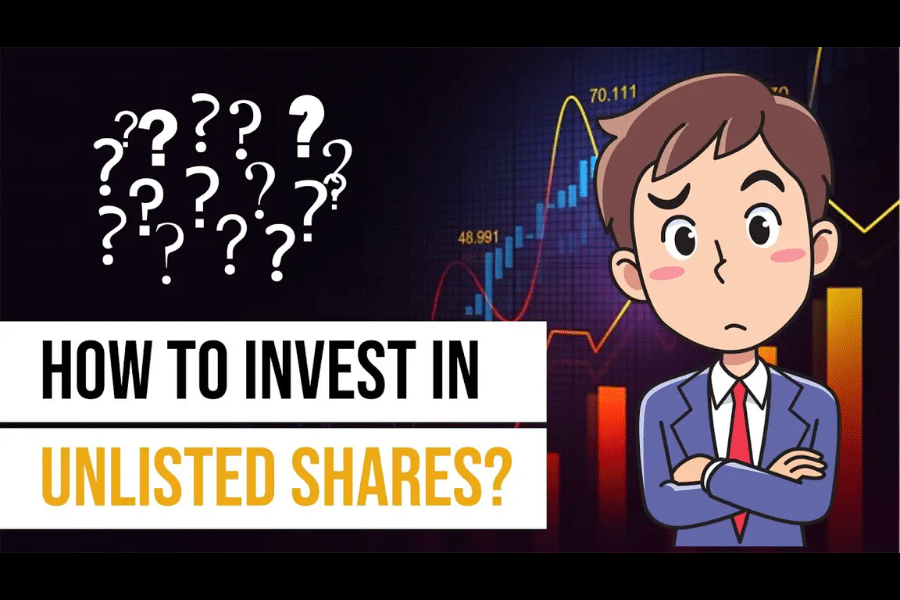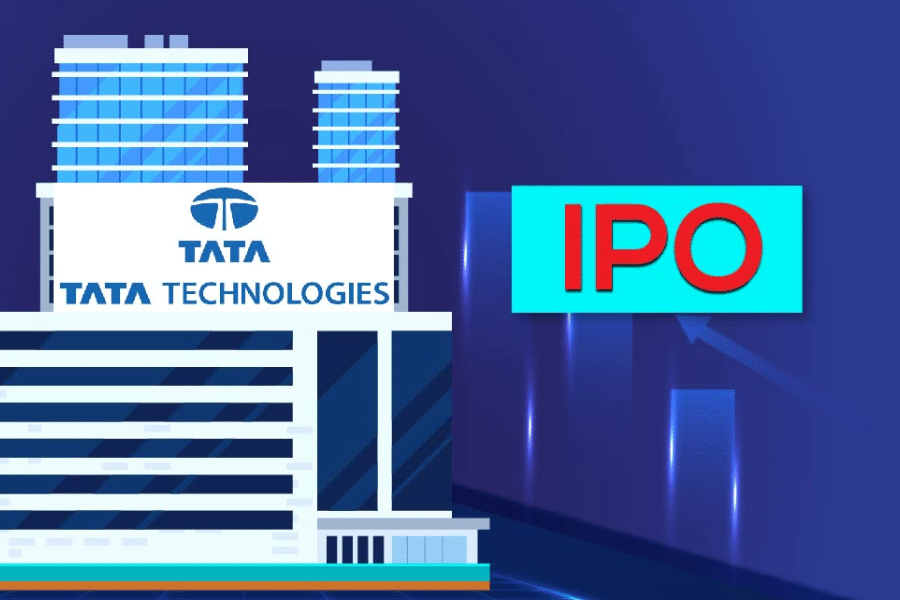Table of Contents
Buy/Sell Your Unlisted Shares
Submit the details below to share a quote.
Investing in the Stock Market is risky. While Listed companies are heavily regulated by SEBI, Unlisted companies are less regulated, Thus there is a risks in pre-ipo shares.
At the same time, investing in unlisted companies always has higher growth potential as many of them are either in the early stages or are established and planning to expand. Many unlisted companies like the National Stock Exchange, HDB Finance, and Orbis have grown 3x-4x in just 12 months.
This alternative investment strategy is Pre-IPO investing i.e. Investing in a company at a comparatively lower valuation before they are listed in the stock market. While these investments can offer significant rewards, it is crucial to understand that these investments come with their own set of unique risks.
Let’s analyze the possible risks is pre ipo shares and the associated returns from them.
Risks
Investing in pre-IPO stocks carries several risks that investors should be aware of. Below are the key risks associated with such investments:
A)Lack of Liquidity
Pre-IPO stocks are not traded on public exchanges, which means that they are not easily accessible for buying and selling. This lack of liquidity can make it quite difficult for investors to enter or exit from unlisted investments.
Investors may find themselves stuck with the investment for an unpredictable period, potentially locking up capital without any returns.
B)Insufficient transparency
Private companies are not subjected to the same disclosure and reporting requirements as public companies. This makes it challenging to make informed investment decisions, contributing to investment risks in pre ipo shares investment.
C)Challenges In Valuation
Assessing the fair value of pre-IPO stocks is difficult due to the absence of publicly available financial data, potentially resulting in overvaluation or undervaluation. Investors may have limited access to detailed financial statements and other critical information, making thorough due diligence harder.
D)Risk of not going public
IPO cancellation: Not all companies planning an IPO go through with it. Various factors such as market conditions, regulatory hurdles, or changes in the company’s financial health can lead to the cancellation of an IPO.
Business risk: Startups and private companies are often more susceptible to business model uncertainties and have more volatility than public companies.
Investors should carefully consider these risks in pre ipo shares before investing.
Returns
Despite the risks, pre-IPO stocks can offer significant returns for those willing to invest early. Here are some key advantages:
A)High potential return
One of the main attractions of pre-IPO stocks is the potential for substantial gains. If the company succeeds after going public, early investors can reap considerable profits. Companies in the pre-IPO stage are often in their growth phase, presenting opportunities for significant value appreciation as they expand.
B)Early investment opportunity
Investing before a company goes public allows investors to purchase shares at a lower price, which can result in higher returns once the company is listed on a stock exchange. Pre-IPO investments offer a unique chance to get involved with promising companies before they become publicly traded.
These companies might have strong growth potential, innovative technologies, or disruptive business models.
C)Portfolio diversification
Including pre-IPO stocks in an investment portfolio can enhance diversification, as these stocks often do not move in tandem with the broader market. Diversification can help to mitigate risk and potentially improve returns.
Pre-IPO investments can diversify your portfolio since their performance may not directly correlate with publicly traded securities.
D)Lower Entry Prices
Shares are often priced lower during the pre-IPO phase compared to the IPO. This allows early investors to buy at a reduced cost, which could lead to higher returns if the company performs well after going public.
By recognizing these potential benefits, investors can make more informed decisions about the risks and rewards associated with pre-IPO stock investments.
NSE: A Successful Pre-IPO Stock
A notable example of a pre-IPO investment is the NSE Share price. Currently, it is trading in an unlisted share market. The NSE share rose from Rs 3600 per share in April 2023 to Rs 4800 in April 2024, which is a 33% year-over-year growth.
This reflects the substantial returns early investors are experiencing well before its anticipated IPO in 2024. However, it is essential to remember that not all pre-IPO investments yield such impressive results. There are numerous cases where investors have faced significant losses.
Conclusion
Investing in pre-IPO stocks can be an enticing opportunity for many investors looking to capitalize on the growth potential of emerging companies. Investors must carefully weigh the potential for high returns against the associated risks in pre ipo shares for these investments.
Finding out the Vvluation of Unlisted shares is important, especially for investors for investors. However, it is challenging due to limited information on these shares. That is where Stockify comes in. This platform provides the latest financial and operation info about unlisted pre-IPO shares so that you can invest in the company at the right time.
If you plan to invest in unlisted stocks, gather all accessible information and process it carefully to understand the shares’ fair market value.
Connect with our experts to know more.


